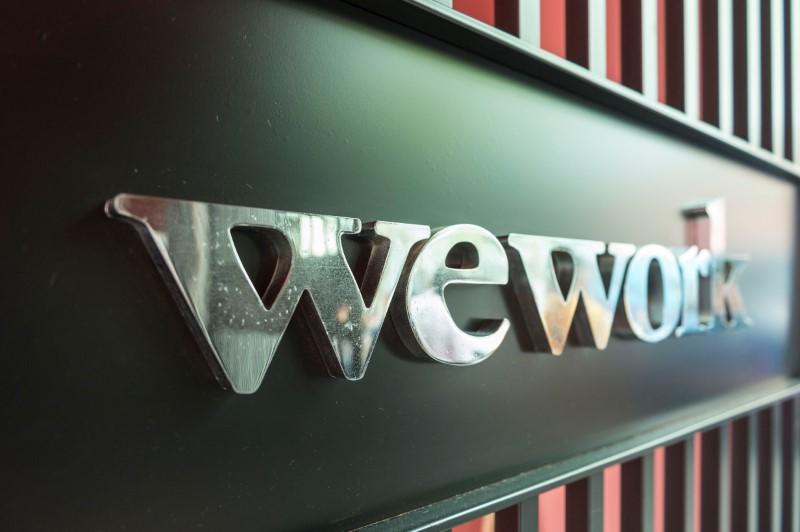Germany—Germany’s crisis over migration policy enters a critical phase this week with Chancellor Angela Merkel’s political future on the line and the ripples already being felt across Europe.
Merkel met with senior members of her Christian Democratic Union at party headquarters in Berlin late June 17 to plan the response to an ultimatum set by her interior minister, Horst Seehofer, to order migrants turned away from Germany’s border in direct contradiction of the chancellor.




